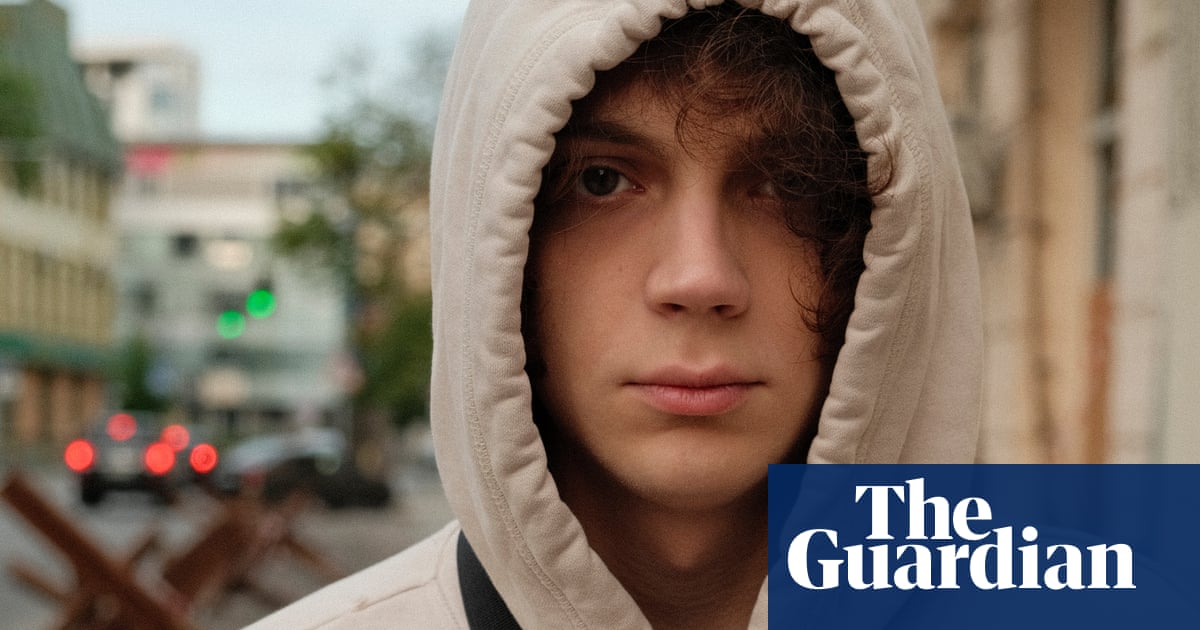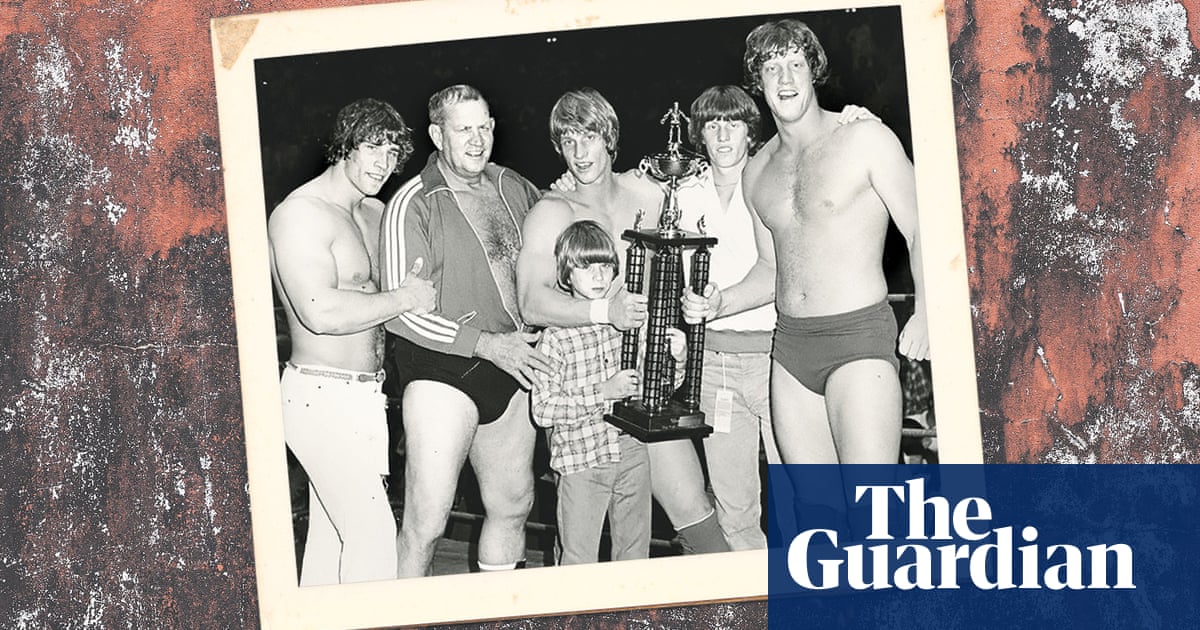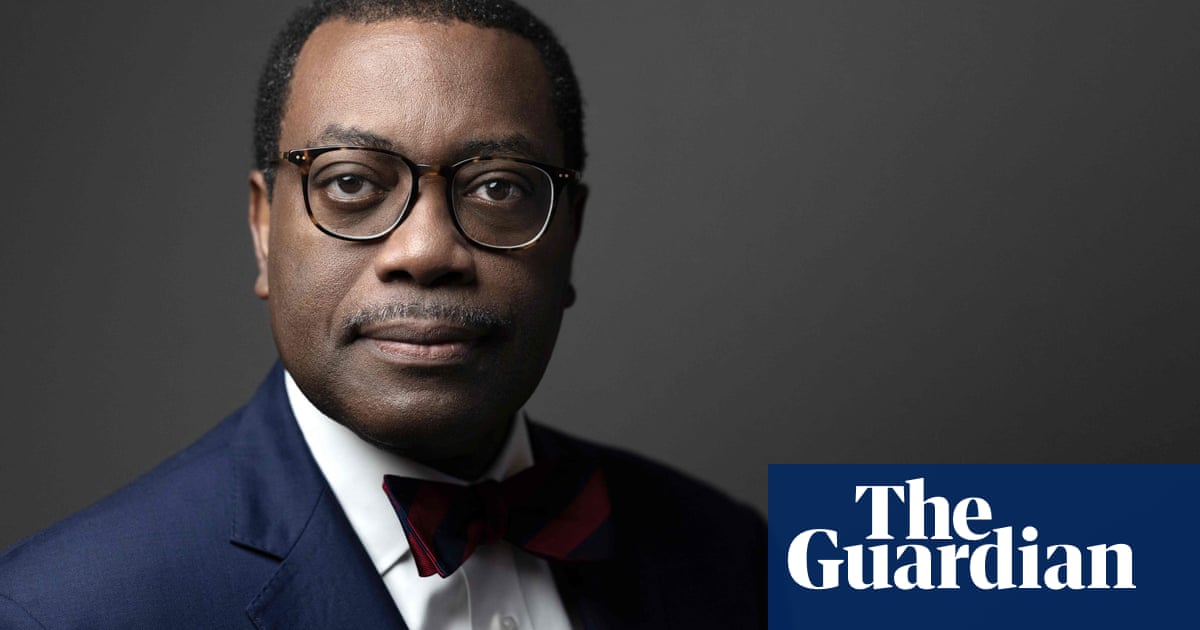
In 2019, a performance of Fin Taylor’s #MeToo-themed When Harassy Met Sally prompted outrage in an article for the Independent. “Thinly veiled rape apologism,” it called the show. “What kind of reactionary drivel was I being subjected to in the name of comedy?” It was an extraordinary response to a funny, thoughtful – and, yes, wilfully provocative – show. The more so when it was revealed as a hoax, written by comedian and GB News presenter Andrew Doyle, whose point was to show how ready the mainstream media were to “push a woke agenda”.
The whole episode bamboozled Taylor. “If you’re saying a thing exists,” he says now, “but you have to write it yourself in order for it to exist, then it doesn’t exist!” But it does give a sense of Taylor’s complex position in culture wars-era comedy. The article bracketed him with big-name woke-baiters Ricky Gervais and Dave Chappelle – but Taylor is far more interesting than that. Yes, his shows make bonfires of liberal piety: if you agree with what he says on stage, Taylor isn’t doing his job properly. But he is just as scathing of rightwing orthodoxies. “I am fundamentally contrarian no matter where you stand,” he says on the phone from his south London home. “I just like arguing for sport.”
He did so with great success in a trio of shows, tackling race in 2016’s Whitey McWhiteface, leftwing politics in 2017’s Lefty Tighty Righty Loosey and then, with When Harassy Met Sally, gender politics. These shows set off with a swagger across highly contested terrain, but the confidence was justified because Taylor’s jokes (most of them, anyway) were smart, explosively funny and underpinned by a seemingly sincere spirit of enquiry. His reputation for fearlessness propelled him into the bigger-league of UK comics; appearances on Live at the Apollo and The Mash Report followed.
But something was bothering Taylor. “There were times,” he says, “when I felt a bit ahead of the audience, and that they weren’t expecting things in such depth. So I was thinking about that a lot.” The process led Taylor to steep himself in old-school comedy. “I watched a lot of Rodney Dangerfield, and was amazed by the gag rate and how good the jokes were. It was also interesting to me that these acts were operating in a time that a lot of comics now yearn for: where social media didn’t exist, where people seemed very clear about a comic’s role in society, and before you had people getting very upset over jokes that push their buttons.”
This is the Fin Taylor that the Andrew Doyles of this world see as a kindred spirit: the Taylor who chafes against censoriousness, and bridles that anyone expects moral sensitivity from comedians. “There is a weird sense some people have of comics owing responsibility to social cohesion,” he complains. “Everything comedians say is geared towards getting a laugh. So why are we looking to them to solve the world’s ills?”
Sometimes that Taylor runs away with himself: he is soon protesting to me that “comedians shouldn’t be stopped from talking about anything, just because there’s this so-called responsibility [that comes with] having a large platform”. But his innate scepticism then reasserts itself. “This whole phantom argument about comedians not being able to joke about subjects is not true.” Taylor gigs a lot and finds real-world audiences far more tolerant than Twitter would suggest. “Whenever anyone has this debate, they’re never people who actually spend time in comedy clubs. And the truth there is that you can say anything, as long as it’s funny.”
“If you’re trying to do a joke about something contentious and people don’t laugh, it’s because – I would dare to venture – you’re not good enough, or you haven’t worked hard enough at your jokes.” The price of joking about hot-button subjects, says Taylor, is due diligence. “Trans rights, say, are nothing to do with my experience. But I’ve read a lot of books and articles and tried to absorb myself in the world. So that ultimately, you know what you’re messing around with, you know what would come across as mean-spirited and what would feel more playful.”
For now, Taylor is desperate to get back to on stage “messing around”, an activity he has sorely missed since March 2020. “It’s a spiritual thing for me, it just answers all questions of my identity. It’s something I have to do.” He’s touring from September, with a new show, So My Wife … , which springs from his recent marriage, his deep-dive into vintage comedy, and an ambition to “redefine the comedian’s relationship with the mother-in-law”. It’s a more domestic starting point than he has taken for previous shows – but that doesn’t mean Taylor has gone all relatable.
“I would never want anyone to come and see me because they thought I believed the same thing as them,” he says, in horror. “I want an audience I can pit myself against, and lead them one way then another, while they never know what I think.” And what does he think? “The truth is that I don’t really believe in anything beyond getting the next laugh,” Taylor concludes. “And I certainly don’t hold anything above that. Which may make me sound like a complete psychopath. But, you know, I am a comedian.”
Fin Taylor’s tour starts at the Firebug, Leicester, on 17 September












